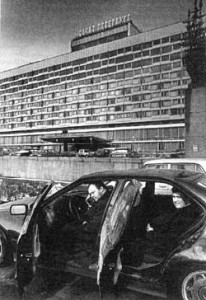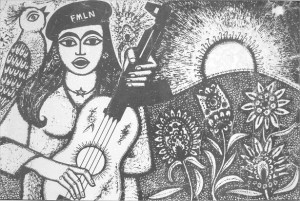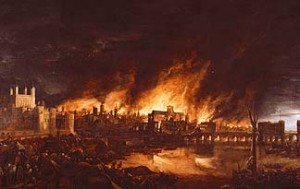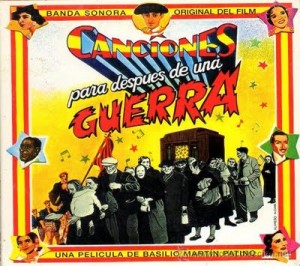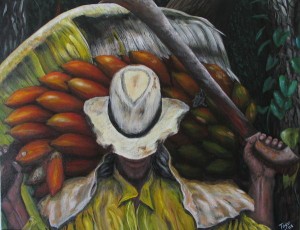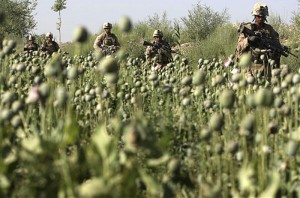 Bhattacharyya, Gargi. 2005. Traffick: The Illicit Movement of People and Things. London: Pluto Books.
Bhattacharyya, Gargi. 2005. Traffick: The Illicit Movement of People and Things. London: Pluto Books.
Gargi Bhattacharyya argues that the wave of global politics marked by the creation of Bretton Woods financial institutions provided ripe conditions for the explosion of illicit trafficking of people and things. She considers four cases to make her argument: drug, gun, and human trafficking as well as organized crime more generally. While pundits often paint illicit trafficking in our neoliberal world of contemporary globalization as some kind of economic aberration, an ugly scourge to be eliminated, Bhattacharyya’s main claim is that the global reach of these illicit industries is made possible thanks to their intricate relation with legal economic processes and formal policies. Though the parasitism is often presented in the opposite direction, she contends that legal economic relations are also reliant on illegal ones—especially in terms of access to labor, financialization, and market formation. As the book jacket claims, “Without [the illegal economy], globalization cannot access cheap labor, it cannot reach vulnerable new markets, and it cannot finance expansion into the places most ravaged by human suffering.” Continue reading

